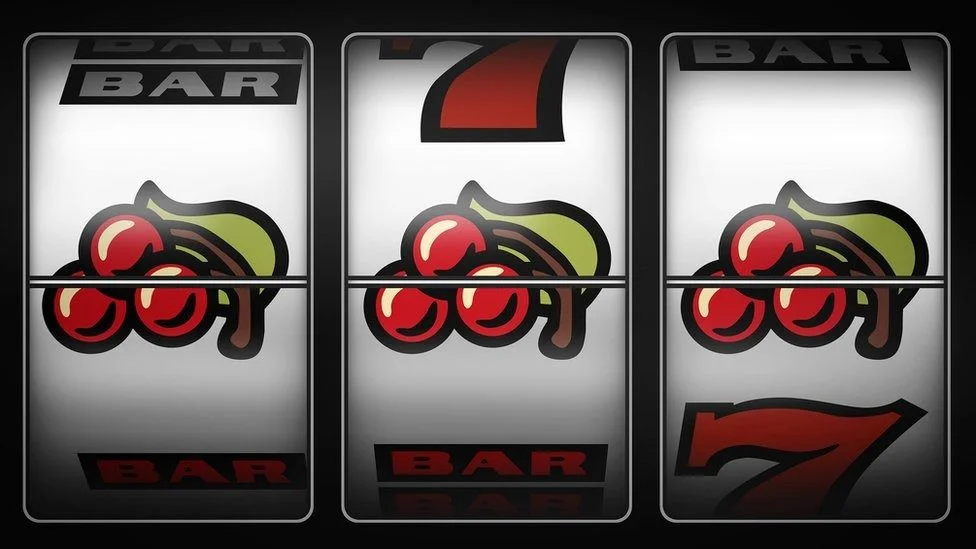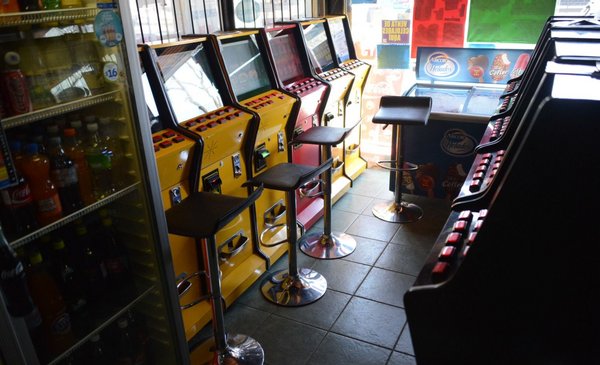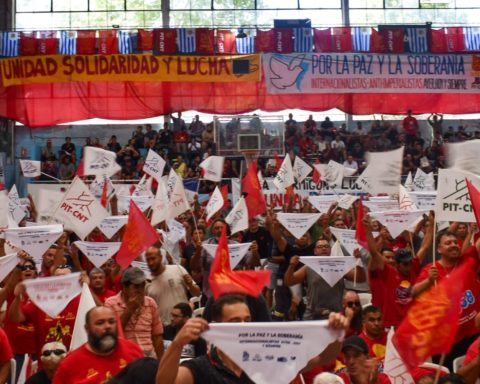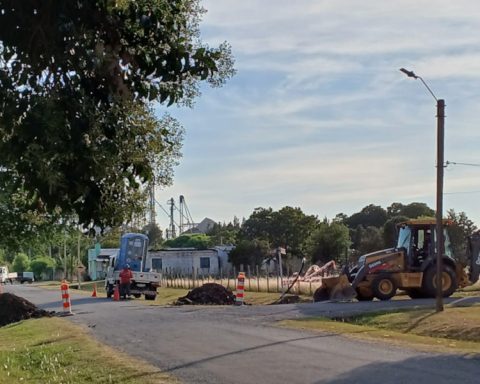140 years agoa law prohibited gambling in Uruguay. It was the 1,595 of 1882 that established that prohibition of games of chance or fortune or that “envite” (bet) intervenes, with the exception of the lottery and public raffles authorized by the Economic-Administrative Boards, according to the text. It also provided for fines and penalties in the event of non-compliance.
This law, written almost a century and a half ago, is the main source of dispute between the authorities and the slot machine owners. The official version is that the activity is illegal, precisely because that is how it was written 140 years ago.
The Uruguayan Chamber of Entertainment (CUDE) is the one that groups most of the owners of the machines. It was founded in June 2004 and since then it has received complaints from the Directorate General of Casinos for the illegality of their activity. The union maintains that the Justice granted the reason to the owners of the slot machines every time it was sued.
While the authorities allude to the law 1595 To confront the businessmen, the position of the CUDE representatives is firm: gambling is not prohibited because the law was repealed in 1889.
This is established by the first penal code of that year. Article 417 states: “All criminal laws and provisions that have governed the Republic up to now, on the crimes and misdemeanors dealt with in this Code, are hereby repealed.” The Code is signed by Joaquin Requenaas president of the drafting commission of the new text.
In the Finance Commission of Deputies, the CEO of Casinos, Gustavo Anselmi, marked the official position: “With regard to slot machines, I want to say that it is clear that the position of the General Directorate of Casinos is that they are illegal; it is very clear in the law that they are illegal. In this sense, the General Directorate of Casinos continues to make the pertinent complaints”, he stated.
Nicholas Garrido
Slot machines
In the past week, the president of La Banca de Quinielas, Roberto Palermo, gave his opinion on Law 1,595 and slot machines in an interview with Search. “The illegal machinists They say that this law is repealed, but it is not. Those that are repealed are the articles that established a fine or prison sentence. Because clandestine gambling is a misdemeanor, it is a misdemeanor. Article 1, which is prohibitive, never fell. If you had fallen you could be exploiting a game with a table in the street. Gambling is not a free activity,” he maintained.
Morality and good customs
The CUDE asked the opinion of the former Professor of Criminal Law, Milton Cairoli.
In an extensive document he stated: “What criminal meaning can a rule that would prohibit gambling have but does not have a criminal sanction? It is therefore based on a considerable error because article 417 of the Penal Code of 1889 expressly repealed ‘all’ the previous laws that governed in the Eastern Republic of Uruguay in terms of misdemeanors and crimes dealt with in this code”.
Cairoli added that “as the rule expresses that ‘all’ previous laws are repealed, this means that it refers to the entirety of the law and not to a part, leaving a single article in force.”
The legal adviser of the CUDE, Gerardo Dibbernhe said in dialogue with The Observer that Law 1,595 was created because at that time “parishioners played taba or cards and wagered thousands of hectares or hundreds of head of cattle. That seemed immoral because (if they lost) the family was left destitute. It was an offense against morality and good customs.”
He recalled that this situation occurred in the nineteenth century. “As much as the law was in force, it would be inapplicable, because precisely what changed the most in the world was morals and good customs. It is anachronistic want to apply now a law of 1882. But it is still repealed”.
In addition, another legal text was added. In 1934 the new Penal Code was created. There, Article 361 refers to offenses against morality and good customs. In those linked to gaming He stated that they would be committed “by anyone who, in public places and accessible to the public, in contravention of the laws, has or facilitates games of chance.”
In that case, a punishment with a penalty of seven to 30 days of community service was provided.
In this regard, Dibbern explained that it was written that way because “the code left open the possibility for future legislators to ban certain games. It means that not every game is a foul.”

Slot machines
He pointed out that years later, for example, a law against the musket game. “If you play the musket, you commit a foul. If one puts slot machines in a brothel commits a foulbecause there is a law that prohibits it”, he expressed.
“The principle is freedom and there are specific rules that prohibit certain games. There is no rule, no law, that prohibits the commercial use and exploitation of slots.
The underlying theme of slot machine activity is that it is unregulated. And that is something that the owners claim and that the authorities themselves recognize that they must do. But so far no progress has been made on the matter. So, CUDE slot machines are still in the neighborhoods and compete with others installed in casinos and game rooms authorized by the General Directorate of Casinos.
“The solution is regulation. The main beneficiaries would be those who are against us, because they would know how many machines they are competing against,” Dibbern said. “It is said that there are about 40 thousand. How many would remain if the activity is regulated? Maybe 15 thousand ”, he added.
“With the regulation they are going to compete with fewer machines, with established companies and with legal transparency for all. The market has been there for years and they have already lost that part of the market”, he concluded.


















